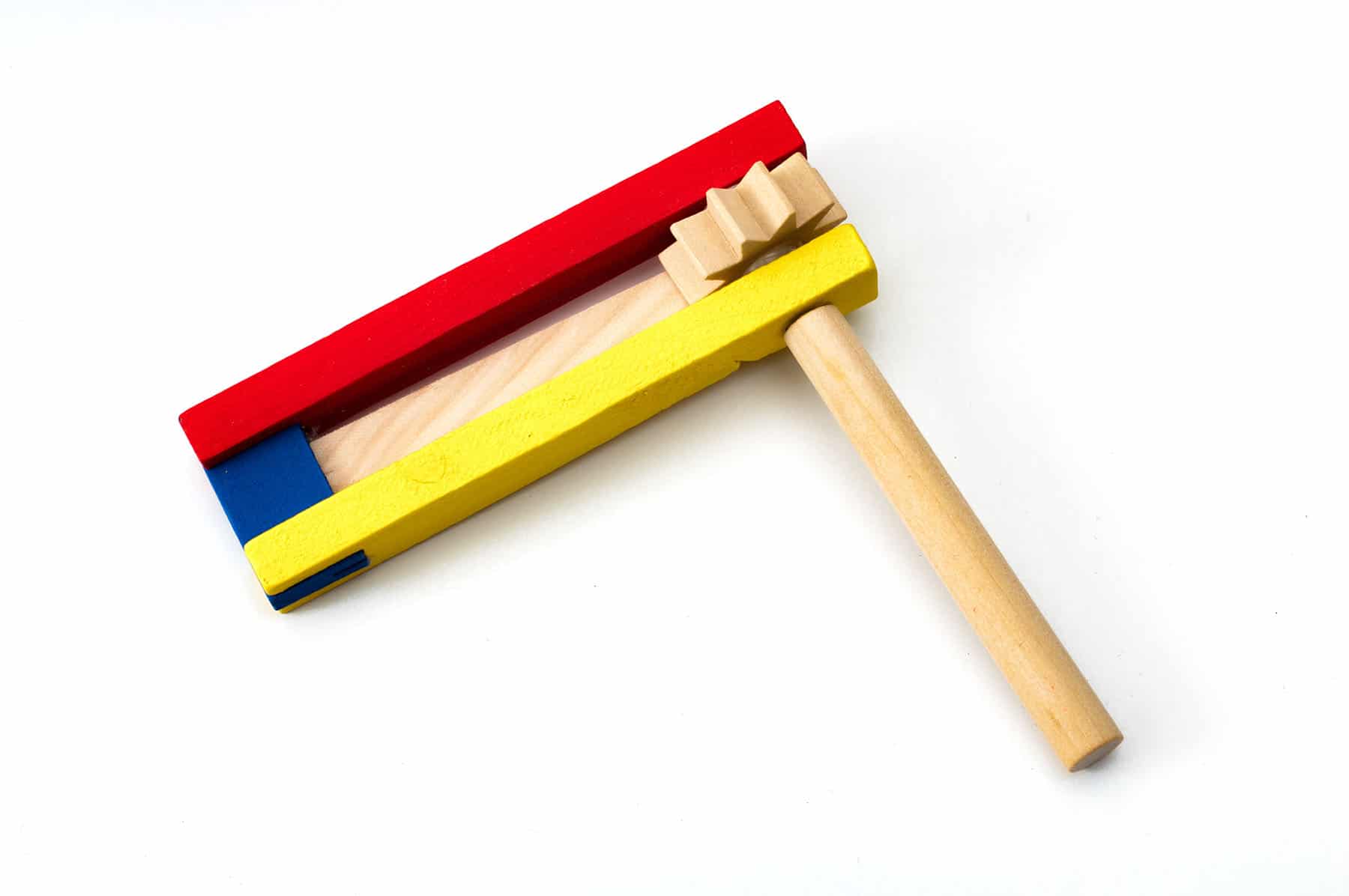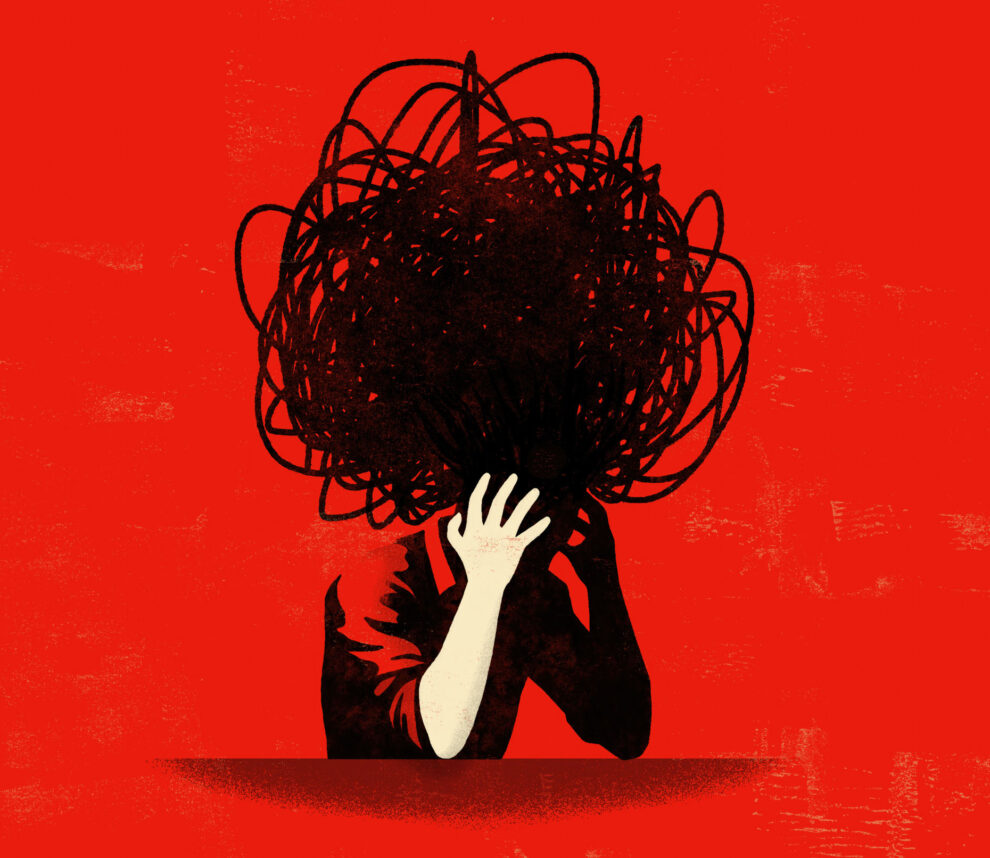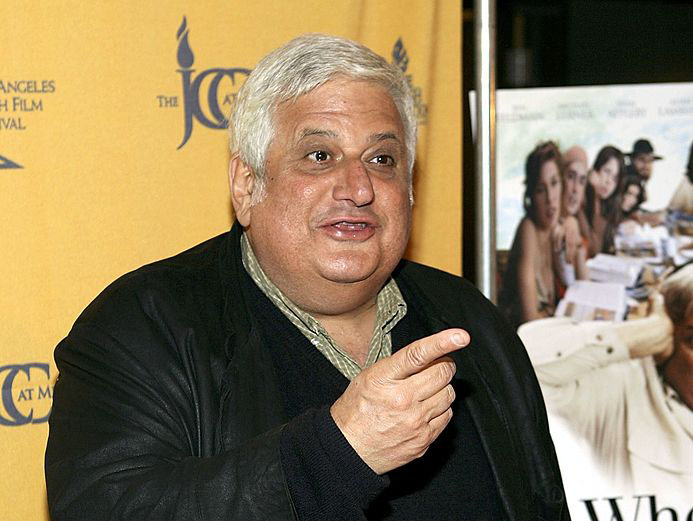 Photo by Moussa81/Getty Images
Photo by Moussa81/Getty Images My earliest memories of Purim are of sitting beside my grandmother in synagogue with a large wooden gragger that I excitedly spun at each mention of “Haman.” For the next 50 years, I would do the very same thing. This year, though, I will not be boo-ing. Instead, I will be no-ing. I will shout the word “no” with fervor as I try to drown out the name of one of our many oppressors.
Although the events of the past four years have polarized our country and a pandemic has isolated much of the world, Jewish traditions and holidays have not ceased. Instead, we have been afforded an opportunity to look deeply at how and why we practice our faith. This is in large part because very small gatherings now take with a heightened level of importance and provide space for deeper reflection of those practices and traditions.
In a discussion centered around Purim that I lead for the bachelor’s degree class I teach, early childhood teachers and directors were talking hamantaschen, Haman and traditions. It shifted dramatically when one student, Suzana Tsimerman, questioned the practice of boo-ing Haman. She feared that teaching and “instilling the idea of booing out anyone’s name stands in contradiction to my personal values and the greater human values we try to teach. Our role is to foster kindness and compassion to all and to [instill] conflict resolution skills [in] the hearts of our youngest children.”
As the group went back and forth between what was a time-honored tradition of drowning out the names of those that wish us dead versus teaching young children only passive and non-violent resolutions to prejudice and oppression, I asked Suzana if she would be comfortable with children learning to say “NO!” instead of booing. I could see the gallery of faces on Zoom stop to consider this middle ground. I felt myself also stopping, and upon hearing what I had offered as a solution, I recognized that even for me, a professor of early childhood education, I had much to think about in terms of my own practices and what I was teaching to others.
I had much to think about in terms of my own practices and what I was teaching to others.
Purim is a story unlike any other. It is a story of the Jewish people fighting for themselves without God’s outward assistance — unlike the story of Passover. It is the Jewish people against a common enemy — unlike the story of Hanukkah, in which one Jewish faction was at war with another. It is unlike the happy celebrations of Sukkot, Rosh Hashanah and Tu Bishvat.
Purim is a story unlike any other, and as such, it provides us with an opportunity to be a people unlike any other: to stand up for ourselves in the face of adversity, in the face of possible genocide, and to do so in ways that we can be proud of. It teaches us that we must stand up, we must fight to survive, and we can do so while still adhering to the basic tenets of being mensches.
As a Jewish parent, I have taught my children these values and skills since they were in early childhood programs. And as Suzana has taught me, “booing isn’t one of those skills. Standing up for oneself is.” As a class, we came to the realization that booing accomplishes nothing. Standing tall and proud and exclaiming “No!” is a much more powerful statement.
So this year, when I take my grandchildren Maya and Daniella to hear the megillah and hand them my grandmother’s large wooden gragger, we will excitedly wait for the name of Haman to be recited, and together, we will shout “NO!”
Dr. Tamar Andrews is the director of the BA and MA degree programs in ECE at the American Jewish University and ECE director at Temple Isaiah in Los Angeles.





















 More news and opinions than at a Shabbat dinner, right in your inbox.
More news and opinions than at a Shabbat dinner, right in your inbox.